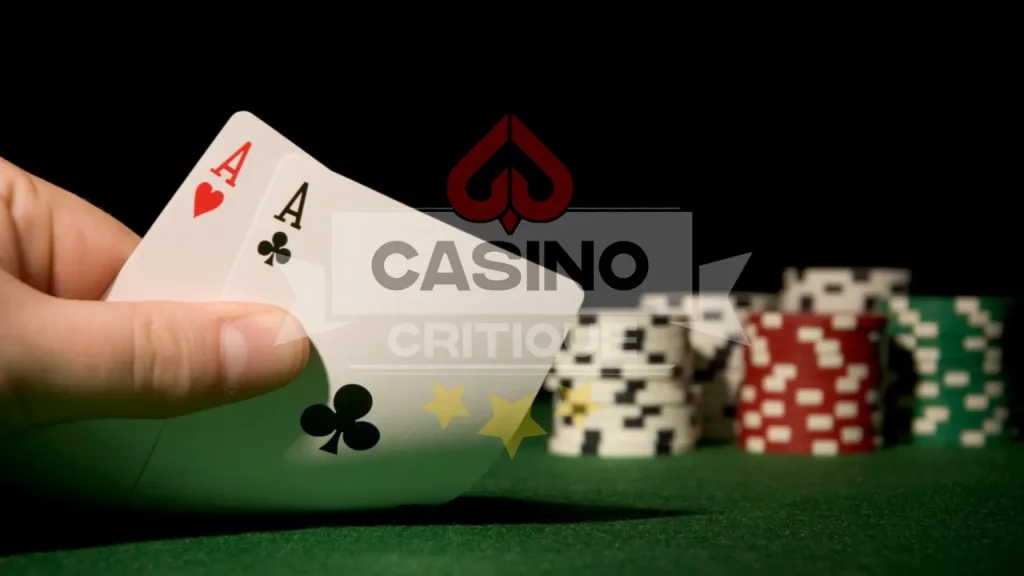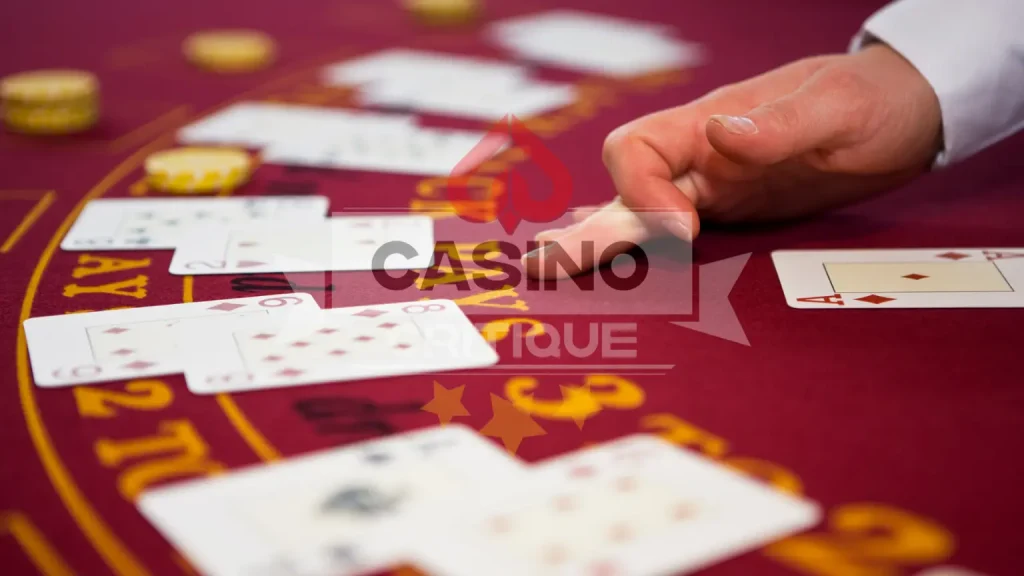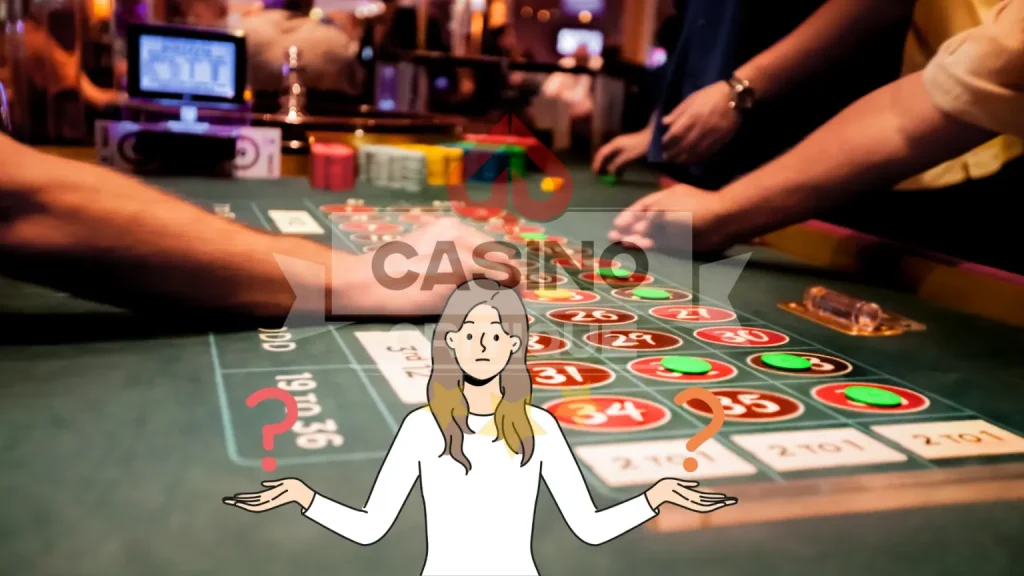Find the key differences between Poker vs Blackjack in this detailed comparison. Poker and blackjack are two of the most iconic casino card games, captivating players across the United States with their unique blend of strategy, excitement, and potential rewards. Whether you’re at a Las Vegas casino or playing online in states like New Jersey or Michigan, these games offer distinct experiences.
In 2024, the U.S. iGaming market, including online poker and blackjack, generated $8.41 billion in revenue across seven states (excluding Nevada’s poker-only market), a 28.7% increase from 2023, highlighting their growing popularity. This article breaks down the basics, differences, variations, pros and cons, and how to choose between poker and blackjack, helping you decide which game aligns with your skills and preferences.
Table of Contents
Understanding Poker: The Basics

Poker, particularly Texas Hold’em, is a strategic game where players compete against every other to form the best five-card hand or outsmart opponents through betting. Every player gets two personal cards, and five community cards are dealt in stages (flop, turn, river). Players bet, raise, or fold based on their hand strength and strategy, with actions like bluffing adding psychological depth.
Variants like Omaha or Seven-Card Stud follow similar principles but differ in card distribution.
Poker’s popularity is evident in events like the World Series of Poker (WSOP), with the 2024 Main Event drawing a record 10,112 players. In the U.S., online poker generated $3.6 million in New Jersey alone in March 2020, a 90.9% surge from 2019, driven by increased online play. Approximately 60 million of the 100 million global online poker players are U.S.-based, representing a significant market share. Poker’s skill-driven nature makes it a favorite for those seeking long-term profitability.
Understanding Blackjack: The Basics

Blackjack is a fast-paced card game where players aim to beat the dealer by getting a hand value as close to 21 as possible without going over. Each card has a point value: numbered cards are worth their face value, face cards (kings, queens, jacks) are worth 10, and aces can be 1 or 11. Players receive two cards and can choose to “hit” (take another card) or “stand” (keep their hand). The dealer follows strict rules, typically hitting until reaching 17 or higher.
Blackjack’s appeal lies in its simplicity and low house edge, often around 0.5%–1% with optimal strategy, making it one of the best casino games for winning real money. In 2018, 45.53% of Americans aged 18–29 played blackjack or similar table games in casinos, showing its strong draw among younger players. Online blackjack, including live dealer versions, is widely available in regulated states like New Jersey and Pennsylvania, with platforms like BetMGM and DraftKings offering immersive experiences.
Key Differences Between Blackjack and Poker
The following table highlights the primary differences between blackjack and poker, based on insights from multiple sources and live statistics.
| Aspect | Blackjack | Poker |
|---|---|---|
| Objective | Beat the dealer’s hand without exceeding 21. | Win chips by forming the best hand or forcing opponents to fold. |
| Gameplay | Player vs. dealer; structured rules with limited decisions (hit, stand, etc.). | Player vs. player; dynamic with betting, bluffing, and strategic choices. |
| Skill vs. Luck | Relies on basic strategy (e.g., hit/stand charts); luck influences card draws. House edge: ~0.5%–1% with optimal play. | High skill ceiling (e.g., reading opponents, bluffing); ~30% of players win long-term. |
| Social Interaction | Minimal; primarily player vs. dealer, with limited table talk. | High; players interact, bluff, and strategize against each other. |
| Pace | Fast; hands resolve in seconds. Average ~100 hands/hour in live casinos. | Variable; depends on players. Online poker allows ~60–80 hands/hour. |
| Bankroll Management | Fixed bets per hand; lower variance due to consistent house edge. | Variable bets; high variance due to player-driven outcomes. |
Pros and Cons of Blackjack vs. Poker
| Game | Pros | Cons |
|---|---|---|
| Blackjack | – Simple Rules: Easy to learn, ideal for beginners in casino gaming. | – Limited Social Interaction: Minimal player-to-player engagement, mostly vs. dealer. |
| – Low House Edge: ~0.5%–1% with optimal strategy, one of the best odds in U.S. casinos. | – Less Strategic Depth: Relies on basic strategy, less room for advanced tactics. | |
| – Fast-Paced: ~100 hands/hour in live casinos, perfect for quick sessions. | – Repetitive Gameplay: Can feel monotonous over long periods. | |
| – Widely Available: Offered in 492 U.S. commercial casinos and online platforms like BetMGM. | – Limited Long-Term Profitability: House edge limits consistent wins compared to poker. | |
| Poker | – High Skill Ceiling: ~30% of skilled players win long-term through strategy and bluffing. | – Steep Learning Curve: Requires significant time to master strategies like reading opponents. |
| – Social and Competitive: High player interaction, ideal for social gamblers. | – High Variance: Significant losses possible without proper bankroll management. | |
| – Diverse Formats: Tournaments (e.g., WSOP with $94M prize pool in 2024) and cash games. | – Time-Intensive: Live tournaments and even online games (60–80 hands/hour) can be lengthy. | |
| – Online Accessibility: 60M U.S. players in 2024, with platforms like WSOP.com in NJ, PA, MI. | – Complex Bankroll Management: Variable bets increase financial risk. |
Variations of Blackjack and Poker

Both games offer diverse variations, adding variety to gameplay.
- Blackjack Variations:
- Spanish 21: Removes 10s from the deck, increasing the house edge but offering bonus payouts.
- Blackjack Switch: Players receive two hands and can swap cards between them, adding strategy.
- Single-Deck Blackjack: Uses one deck, reducing the house edge to as low as 0.2% with optimal rules. These variants are popular in U.S. casinos, with 3:2 blackjack (paying 1.5x for a natural blackjack) preferred over 6:5 for better player odds.
- Poker Variations:
- Texas Hold’em: The most popular, played in the WSOP and online platforms like WSOP.com.
- Omaha: Players get four hole cards, using two to form a hand, increasing complexity.
- Six-Plus Hold’em (Short Deck): Uses a smaller deck, altering hand rankings, available on sites like CoinPoker. The WSOP 2025, running from May 27 to July 16, will feature these variants, with satellites on platforms like GGPoker.
How to Choose Between Blackjack and Poker
Choosing between blackjack and poker depends on your goals, personality, and play style:
- Choose Blackjack If: You prefer quick, straightforward gameplay with a low house edge. It’s ideal for casual players or those new to casino games, especially in regulated U.S. states where online blackjack is accessible via mobile apps (85% of U.S. gamblers use mobile devices).
- Choose Poker If: You enjoy strategic depth, social interaction, and the potential for long-term profitability. Poker suits competitive players willing to invest time in learning, with 90% of U.S. poker players enjoying both live and online formats.
- Try Both: Many players enjoy both games, with 45.53% of young Americans playing table games like blackjack and poker in 2018. Experiment in low-stakes settings or online platforms like BetMGM or WSOP.com to find your preference.
Conclusion
Blackjack and poker offer distinct experiences in the vibrant U.S. gambling scene, from Las Vegas cardrooms to online platforms in states like New Jersey and Michigan. Blackjack’s simplicity and low house edge (0.5%–1%) make it a go-to for quick, low-risk fun, while poker’s skill-driven nature and massive events like the WSOP (10,112 players in 2024) attract strategic players,. With the U.S. online gambling market projected to grow to $156.9 million users by 2025, both games are more accessible than ever. Try both at a local casino or online to discover which suits your style, and always play responsibly.










